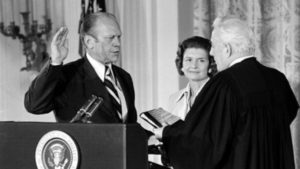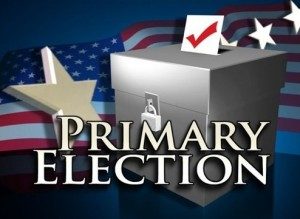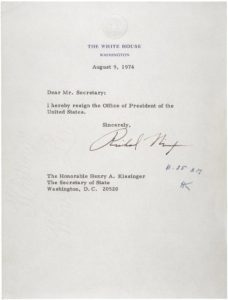CASPER, Wyo. — I love this state. It’s spacious, gorgeous and virtually uninhabited.
It’s the 10th-largest state in the union in terms of area; but it ranks No. 50 in terms of population, with about 580,000 residents scattered across 97,000 square miles.
It also has a single U.S. House of Representatives member representing it, along with two U.S. senators, Republicans John Barrasso and Mike Enzi.
And what about that member of Congress? She is Liz Cheney, who happens to be the daughter of former Vice President Dick Cheney.
Here’s where the strangeness of Wyoming politics comes into play. Our friend Tom — a longtime journalist of some standing here — was showing us around Casper and he told me that Wyoming isn’t too keen on carpetbaggers, the politician who barely knows a region he or she wants to represent in government.
Why, then, did Wyoming elect Liz Cheney, who grew up in Washington, D.C., while her dad was serving in the Defense Department, Congress and as President Ford’s chief of staff before being elected VP in 2000?
Tom’s answer: “Because she has an ‘R’ next to her name and her dad happens to be the former vice president of the United States.”
I don’t have a particular problem with carpetbaggers. Indeed, my first political hero — the late Robert F. Kennedy — carried that title when he was elected to the U.S. Senate from New York in 1964. So did Hillary Rodham Clinton when she ran for RFK’s old seat in 2000 after serving eight years as first lady of the United States. Indeed, Mitt Romney — the former Massachusetts governor — is facing down the carpetbagger demon as he runs for the Senate in Utah.
I do find it cool, too, that a U.S. House member can represent the same constituency as two U.S. senators. Indeed, senators tend at times to lord it over House members that they represent entire states while their House colleagues have to settle for representing a measly House district.
Not so in Wyoming, where equality between the “upper” and “lower” congressional chambers is alive and well.









